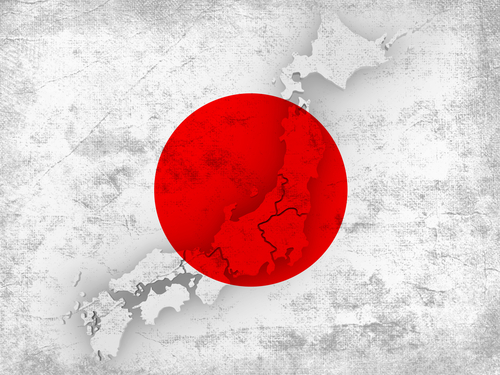

Today, Japan has introduced harsh penalties for Internet users guilty of piracy, including terms of up to two years in prison, or fines of up to two million yen (£15,900) for downloading a single file. Backing up of DVDs was also made illegal.
Uploaders of illegal material already face ten years in jail, or a fine up to ten million yen (£79,500).
The changes to law were approved in June, and came into force today. Internet piracy has been illegal in Japan since 2010, but there wasn’t such a strict system of punishment in place.
The new law will apply a non-traditional solution of punishing downloaders, and not just uploaders of copyrighted material. It is expected to cause a lot of complications related to user tracking, privacy and the legal definition of infringement.
In June, after the controversial law was passed, websites of the government’s finance ministry, Supreme Court, several political parties and the Japanese Society for Rights of Authors, Composers and Publishers were targeted by cyber attacks. Some of those attacks were part of a dedicated operation, “op_japan”, launched by the Anonymous hacktivist movement.
According to TorrentFreak, in the future RIAJ wants to go even further, and has developed a system capable of automatically detecting unauthorised music uploads before they hit the Web. In order to do that though, it would need ISPs to integrate it into their networks. The system would compare a dedicated database to the data being uploaded from the user, and recognise copyrighted songs, much like Shazam, SoundHound or other music recognition services.
This year, governments worldwide have been stepping up their fight against piracy, in the wake of failed efforts to gain control of the Internet through ACTA, SOPA and PIPA.
In January, popular online file repository Megaupload was closed down by the US Department of Justice, with its founder Kim Dotcom awaiting an extradition hearing. In August, Ukrainian authorities closed Demonoid, one of the world’s oldest torrent-tracking websites. Meanwhile, in the UK, the five major ISPs were forced to block The Pirate Bay, but the court orders had little impact on the site’s traffic.
Arrgh! How much do you know about online piracy? Take our quiz!
OpenAI chief operating officer Brad Lightcap to oversee international expansion as company consolidates lead in…
Chinese researchers publish details on device that could wreak havoc on undersea communications cables in…
Former Intel chief Gelsinger expands role at Gloo, becoming executive chairman and head of technology…
MEPs add to Commission pressure for second EU Chips Act amidst industry calls for renewed…
Smartphone maker Xiaomi reportedly raises about $5.5bn in Hong Kong share sale as it invests…
BYD's Qin L EV sedan starts at about half the price of Tesla's Model 3,…